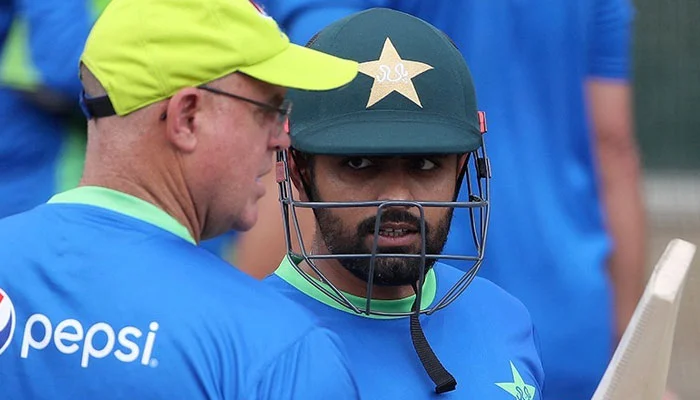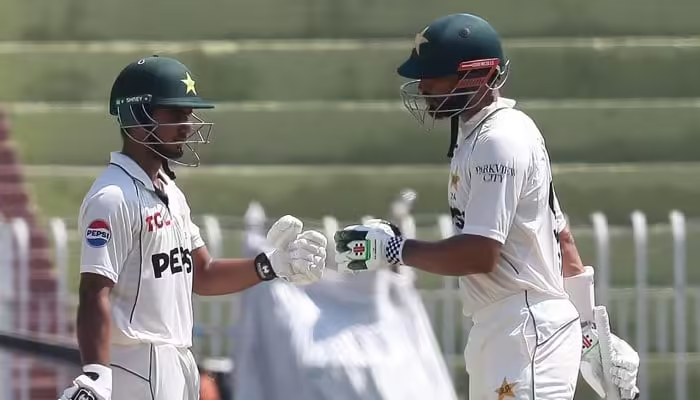The upcoming Asia Cup cricket tournament, scheduled for September, is shrouded in uncertainty as political tensions between India and Pakistan continue to escalate. Speculation is rife that India might boycott the tournament altogether, potentially disrupting one of the most anticipated cricketing events in the region.
India’s Exit Rumors Dismissed — For Now
Despite the swirling rumors, BCCI Secretary Devajit Saikia has publicly denied any suggestion that India will back out of the Asia Cup. However, his statement has done little to calm the growing concern over the stability of the tournament, especially as past events have shown that last-minute withdrawals or neutral venue demands are always on the table when Indo-Pak tensions rise.
Controversial Poster Sparks Outrage
Amid the uncertainty, controversy erupted during the first Test between England and India in Leeds, where an Indian broadcaster released a promotional poster for the Asia Cup. The poster featured the T20 captains of India (Surya Kumar Yadav), Sri Lanka (Charith Asalanka), and Bangladesh (Najmul Hossain Shanto)—but glaringly excluded Pakistan’s captain.
The omission has sparked severe backlash from fans, cricket analysts, and officials, with many calling the move deliberate and disrespectful. Social media platforms were flooded with criticism, accusing the broadcaster of playing politics with sports. The poster has not only drawn the ire of Pakistani cricket fans but also added fuel to the already tense atmosphere between the two nations.
ACC Under Pakistani Leadership
Adding a layer of complexity to the situation is the fact that the Asian Cricket Council (ACC) is currently headed by Mohsin Naqvi, the Chairman of the Pakistan Cricket Board (PCB). Under his leadership, Pakistan was expected to play a central role in hosting and organizing the tournament. The absence of Pakistan’s captain from official promotions has therefore raised eyebrows, with some questioning the ACC’s internal cohesion and its ability to remain neutral amidst national tensions.
Backup Plan in Motion: Tri-Series on the Horizon?
In response to the growing uncertainty, the PCB is reportedly in advanced discussions with Afghanistan and the UAE to organize a tri-nation series in August as a contingency plan. If the Asia Cup is cancelled or postponed, the tri-series would ensure that Pakistan’s national team still has international engagements ahead of the T20 World Cup.
According to insiders, the proposed series would include Afghanistan, Pakistan, and the UAE as the host. Some reports even suggest that a fourth team could be added, possibly from the associate nations, to maintain competitive intensity and provide fans with an alternative regional cricketing event.
Sports or Politics? The Bigger Question
The current uncertainty surrounding the Asia Cup underscores a growing challenge in modern cricket: the intersection of politics and sport. Cricket fans across Asia—and indeed the world—eagerly look forward to contests between Asian giants like India, Pakistan, Sri Lanka, and Bangladesh. However, recurring political tensions continue to interrupt this long-standing sporting tradition.
Cricket lovers and former players have often urged boards and political leaders to keep sports separate from diplomatic disputes, but the situation remains volatile. If India decides to opt out or push for a neutral venue like the UAE once again, it could mirror past disruptions and raise questions about the long-term viability of region-hosted tournaments.
A Test for ACC’s Unity
With Pakistan currently at the helm of the Asian Cricket Council, this Asia Cup will be a critical test of both the ACC’s unity and its political independence. If the tournament is derailed or boycotted, the fallout may not only affect bilateral ties but also the regional structure of cricket in Asia.
For now, no final decision has been made about the Asia Cup’s fate. However, the combination of political mistrust, media missteps, and organizational challenges has already cast a long shadow over the event. Fans are hoping for resolution, but cricket authorities will have to act swiftly and diplomatically to save one of Asia’s most cherished tournaments from becoming yet another casualty of geopolitical rivalry.



